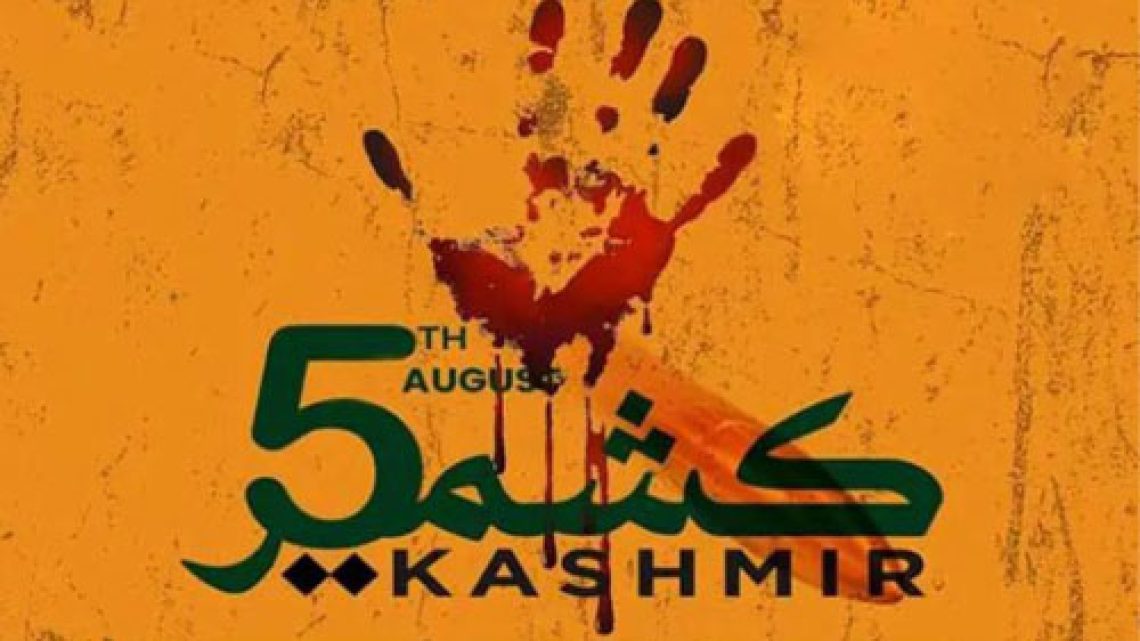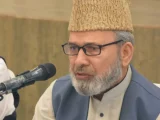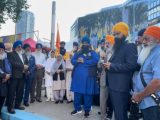
India’s Illegal Action Of Abrogation Of Articles 370 & 35a – 5 August 2019 in IIOJK
July 30, 2024On 5 August 2019, India revoked Article 370, which gave Jammu and Kashmir (IIOJK) special autonomous status. This decision marked a significant shift in the long-standing Kashmir dispute.
Article 370 allowed Kashmiris to implement policies independently, except in foreign affairs and defense. It also barred outsiders from acquiring land in Kashmir, preserving its autonomy.
Article 35A, complementing Article 370, provided special rights and privileges to Kashmir’s permanent residents. Together, these articles reinforced the region’s unique status within India’s constitution.
The abrogation of Article 370 was seen as a unilateral move by India, altering the status of a highly disputed and militarized territory. This action has serious implications for the Kashmiri people.
Kashmiris now face daily restrictions on their freedom of expression and movement, along with the constant threat of harsh treatment by Indian security personnel. The revocation of Article 370 exacerbates these issues.
For many Kashmiri Muslims, who are the majority in IIOJK, the revocation is a nightmare. It brings them closer to an Indian state they fundamentally oppose and wish to separate from.
The Kashmir dispute is a part of the unfinished agenda of the sub-continent’s partition. The accession of Kashmir to India was under duress and deceit, not reflecting the true will of the people.
UN Security Council Resolution 47, adopted on 21 April 1948, called for a plebiscite to determine the wishes of the Kashmiri people. This resolution remains unfulfilled, leaving the dispute unresolved.
India’s initial promises, including those by leaders like Mahatma Gandhi and Jawaharlal Nehru, supported a plebiscite to decide Kashmir’s future. Over time, India’s stance shifted, claiming Kashmir as an integral part of India.
One of India’s arguments is that the UNSC resolutions are outdated. However, this logic fails, as the United Nations itself is older than these resolutions and remains relevant.
The abrogation of Article 370 was part of the BJP’s electoral manifesto. It aimed to satisfy Hindu hardliners and install a BJP-aligned Chief Minister in Kashmir, pursuing Hindutva policies.
According to the Indian constitution, Article 370 could only be modified with the agreement of the “State (Kashmir) government”. At the time of the revocation, there was no government in IIOJK, making the move illegitimate.
AG Noorani, a constitutional expert, described the decision as illegal and akin to committing fraud. It could be challenged in India’s Supreme Court for its constitutional violations.
Pakistan has vehemently opposed India’s move, raising the issue at international forums, including the UN and OIC. Pakistan supports the Kashmiri struggle for freedom and condemns India’s human rights abuses.
The Kashmiri leadership and masses have rejected India’s move to scrap Articles 370 and 35A. This political manipulation has compounded the miseries of the Kashmiri people.
The argument that abrogating Article 370 would bring normalcy, peace, and prosperity has proven false. Since 5 August 2019, Kashmiris have faced increased human rights abuses and suffering at the hands of Indian occupation forces.

